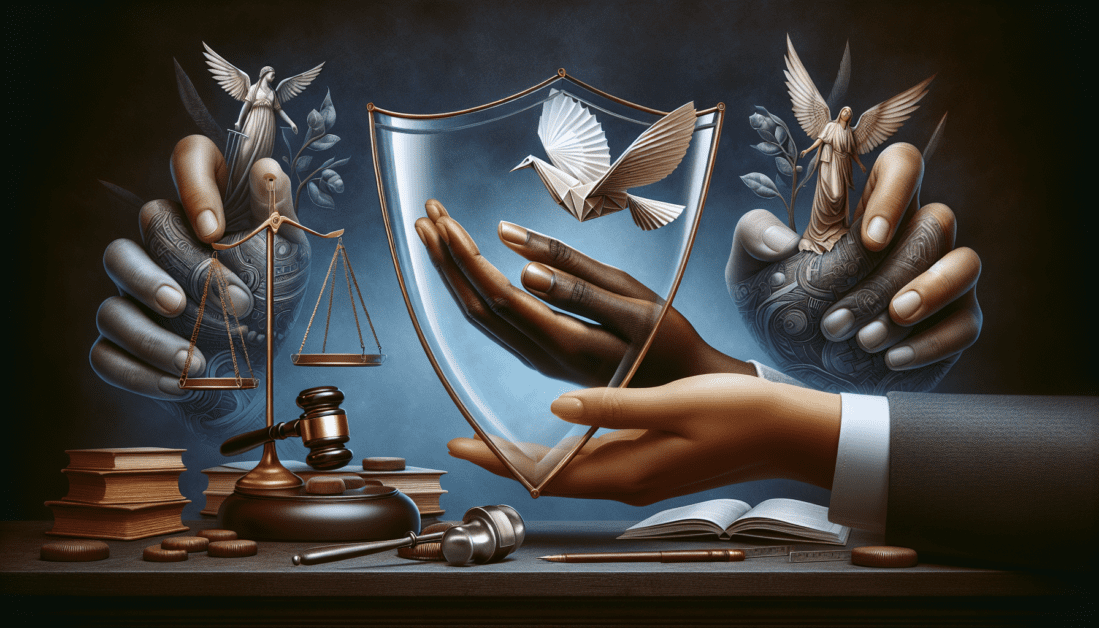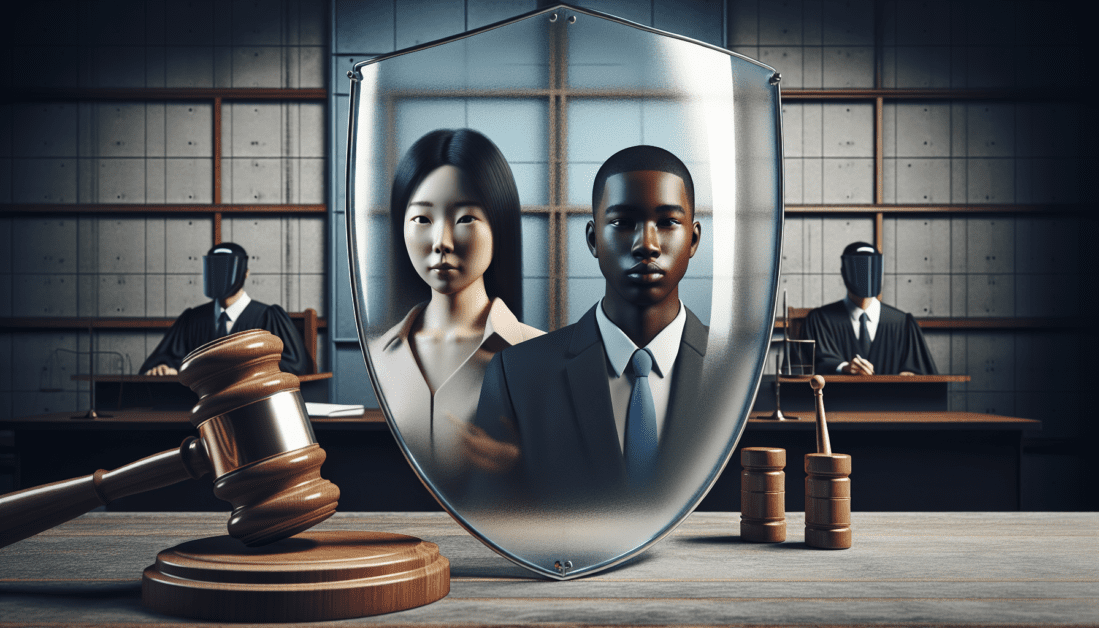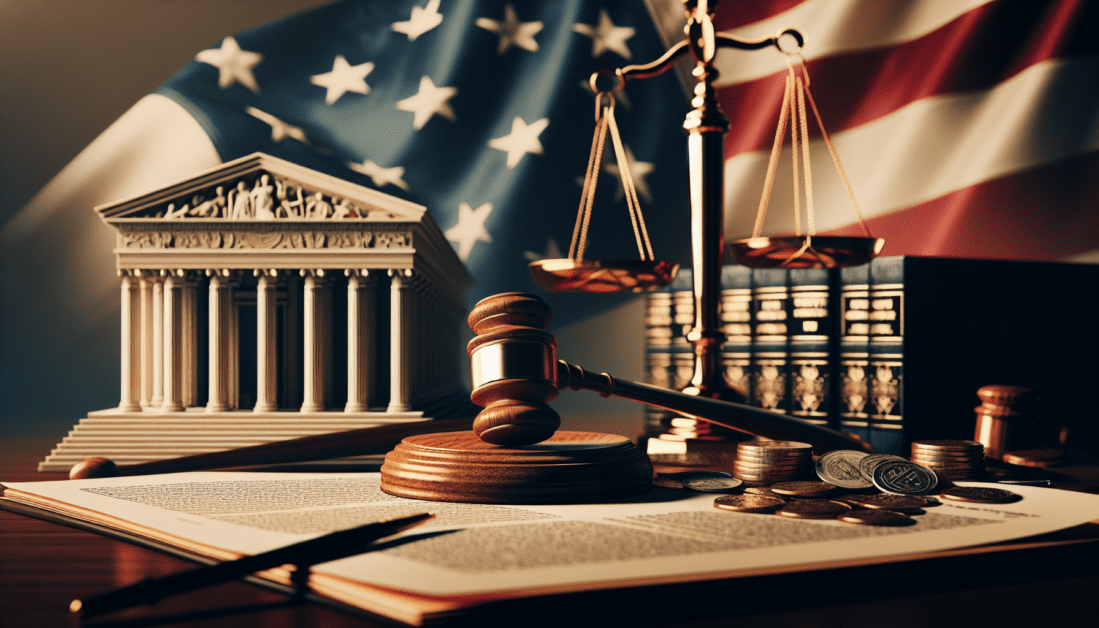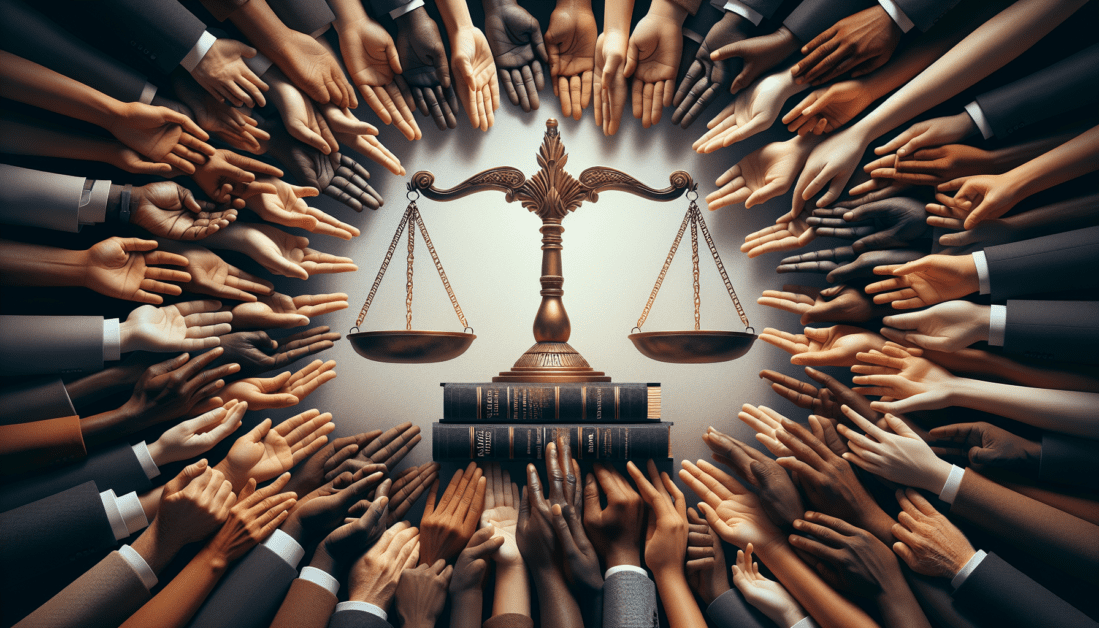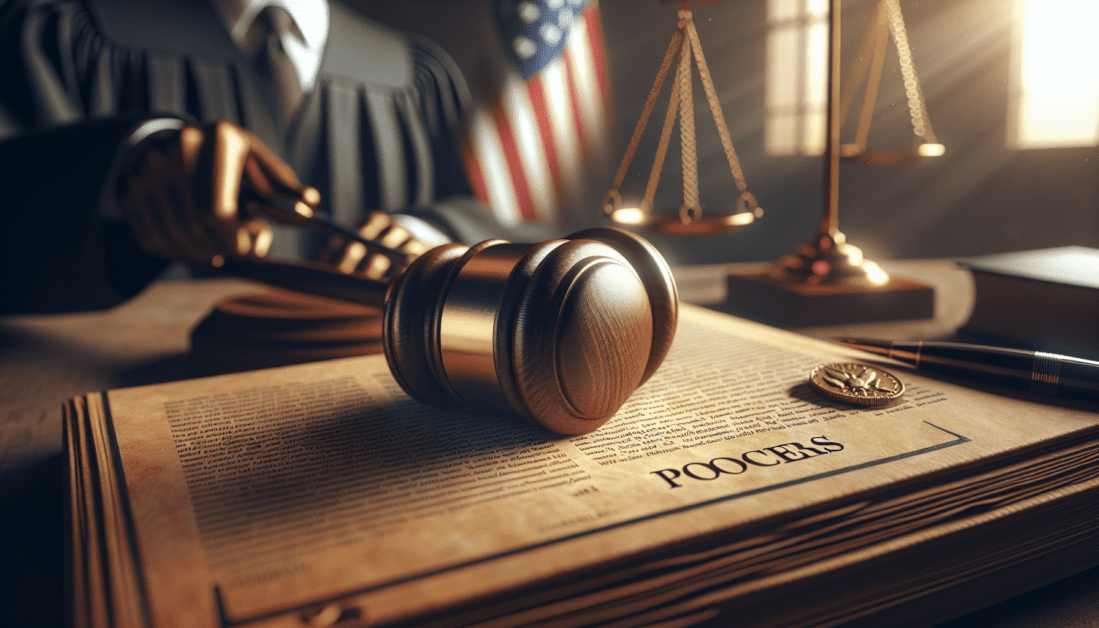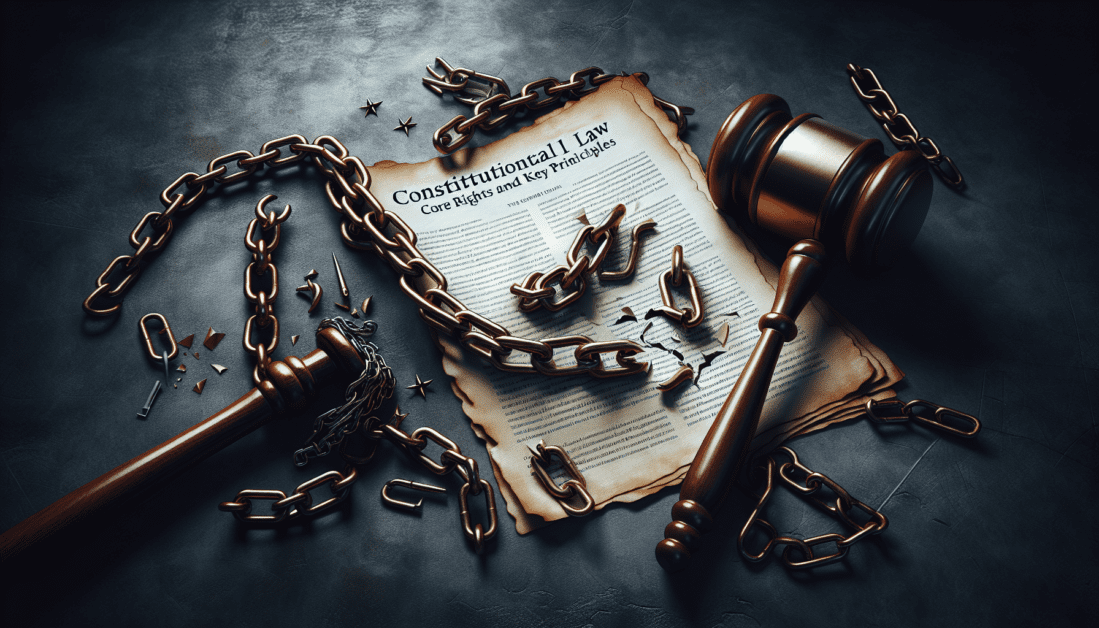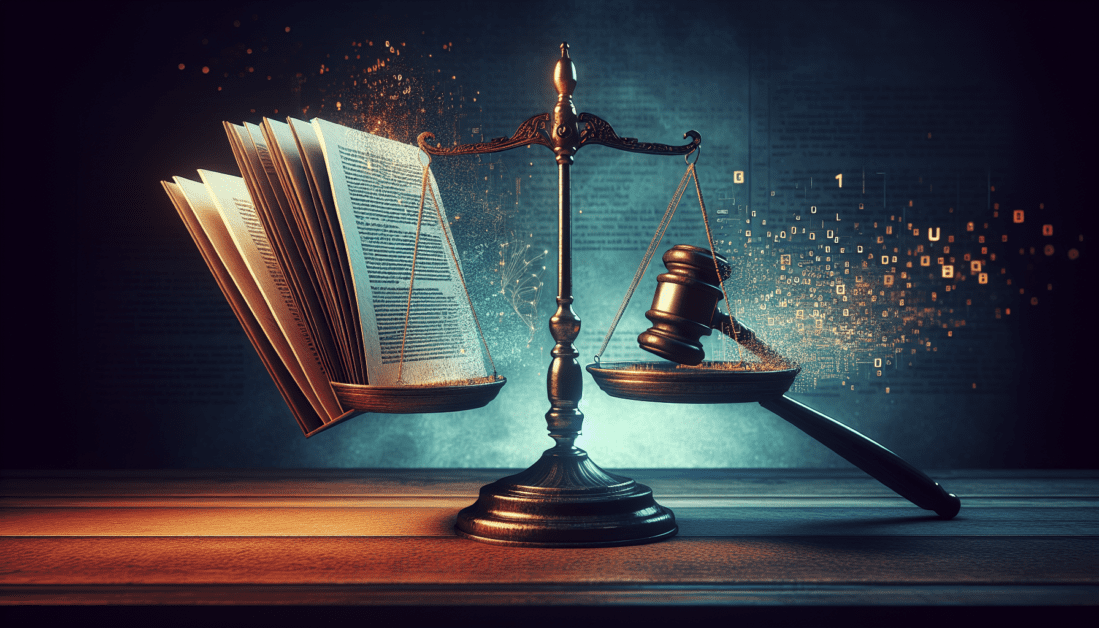Essential Legal Protections: Know Your Rights Today
Understand your fundamental legal protections including constitutional rights, military divorce legal protections, and safeguards for mental illness. From free speech to due process, these essential rights protect your dignity and ensure fair treatment in all aspects of life.
Essential Legal Protections: Know Your Rights Today Read More »
